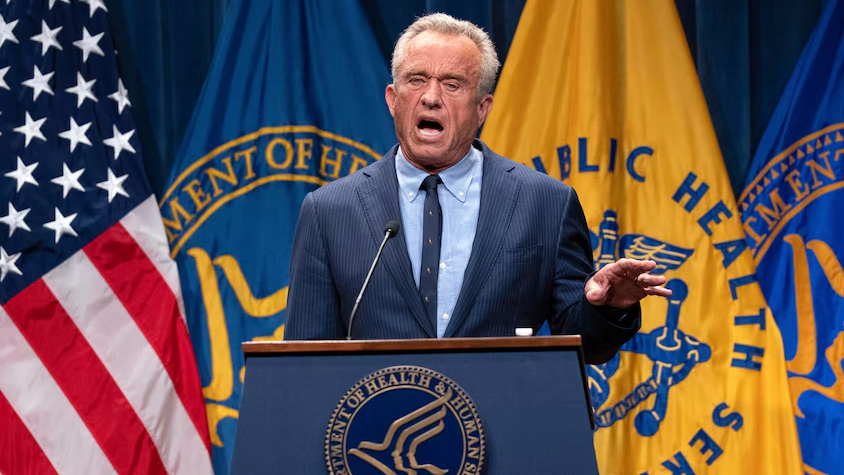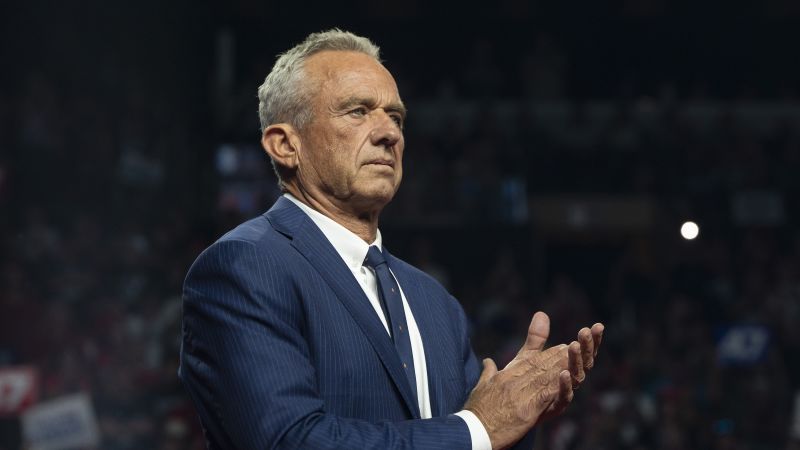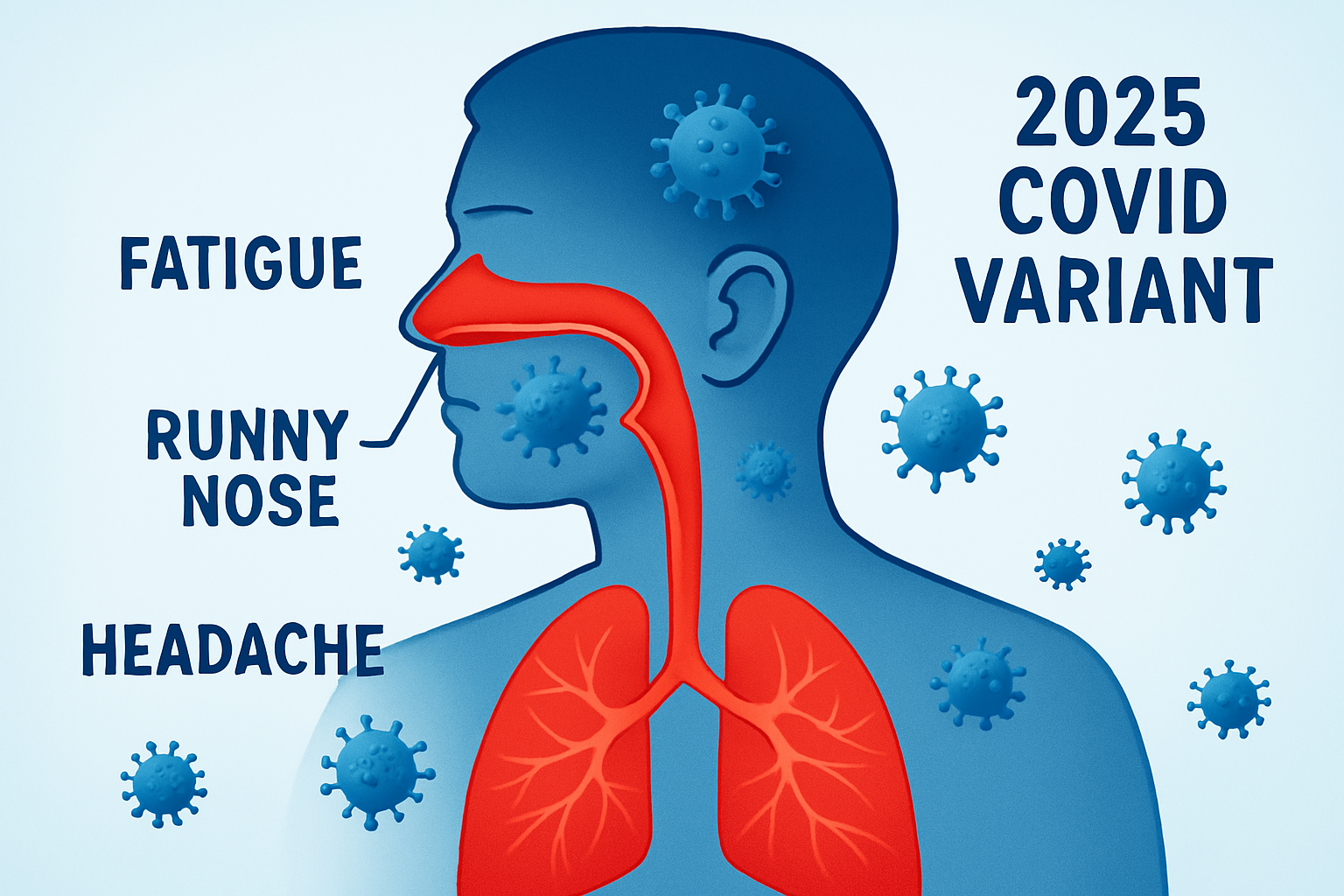The CDC Vaccine Advisory Committee, formally known as the Advisory Committee on Immunization Practices (ACIP), plays a crucial role in shaping national vaccination guidelines in the United States. The committee comprises leading scientists, physicians, and other medical experts who evaluate vaccine data to make recommendations to the Centers for Disease Control and Prevention (CDC).
Recently, a major political and health-related shift has occurred. New reports confirm that US Health Secretary Robert F. Kennedy Jr., a controversial figure in the field of public health, has replaced several long-time vaccine experts on the CDC Vaccine Advisory Committee with individuals known for their critical stance on vaccine safety and mandates.
Details of the Committee Reshuffle
According to sources including The New York Times and Politico, the decision to restructure the advisory committee reflects a broader agenda by Kennedy to introduce skepticism around existing vaccine policies. These changes have sparked concern among mainstream public health experts who fear the potential erosion of trust in the CDC’s scientific oversight.
The newly appointed members of the committee reportedly include individuals from organizations historically critical of vaccine mandates and pharmaceutical transparency. Critics argue that this realignment could distort recommendations that have historically been evidence-based and scientifically rigorous.
Implications for Public Health
This shift in the composition of the CDC Vaccine Advisory Committee may have significant implications. Vaccine recommendations may change, leading to confusion among medical professionals and the public. It may also affect ongoing efforts surrounding immunization campaigns, especially in light of emerging infectious diseases and booster rollouts.
While some Americans support Kennedy’s push for ‘medical freedom’ and transparency, public health officials warn that undermining evidence-based guidance could increase vaccine hesitancy and risk public safety.





